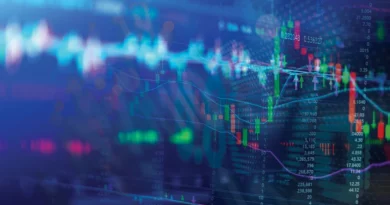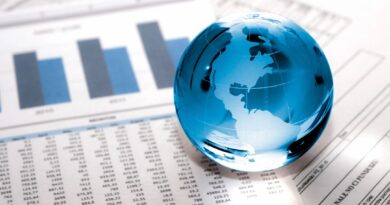Super bonus and non-repayable contribution, green light for applications also in 2024
Even in 2024, low-income families can request the non-repayable contribution for the superbonus.
This is provided for by Article 1, paragraph 2 of Legislative Decree 212 of 2023.
Legislative Decree 176 of 2022, which provides for the recognition of a contribution for taxpayers who are in a situation of economic hardship and have incurred expenses for building interventions with the superbonus.
The benefit, recognized for 2023, can also be requested in 2024.
read also 90% Superbonus and non-repayable contribution, here's how much it amounts to Non-repayable contribution also in 2024.
According to the provisions of Legislative Decree 212 of 2023 "the payment is authorized of a contribution in favor of the subjects referred to in paragraph 1 with a reference income not exceeding 15,000 euros, determined pursuant to article 119, paragraph 8-bis.1, of the legislative decree of 19 May 2020, n.
34, converted, with amendments, by law 17 July 2020, n.
77, for expenses incurred from 1 January 2024 to 31 October 2024 in relation to the interventions referred to in paragraph 8-bis, first sentence, of the aforementioned article 119, which by 31 December 2023 have reached a state of progress of works not less than 60 percent.
The contribution referred to in this paragraph is paid, within the limits of available resources, by the Revenue Agency, according to criteria and methods determined by decree of the Minister of Economy and Finance to be adopted within sixty days from the date of entry into force of this decree.
The contribution referred to in this paragraph does not contribute to the formation of the tax base of income taxes." The non-repayable contribution is therefore also confirmed for 2024.
Superbonus non-repayable contribution requirements.
Taxpayers who have a reference income of no more than 15,000 euros (calculated with the family quotient) can request the non-repayable contribution and it is up to expenses incurred between 1 January 2024 and 31 October 2024.
The contribution is due for interventions facilitated with the superbonus provided that the state of progress of the works, as of December 2023, has reached a percentage of no less than 60%.
How is the non-repayable non-repayable contribution returned? The Revenue Agency also provides clarifications regarding those who received the non-repayable contribution not due in 2023.
The tax codes for the spontaneous repayment of the sums were made known with resolution 9/E of 29 January 2024.
To proceed upon spontaneous repayment of the non-repayable contribution received, but not due, it is necessary to proceed with the payment of the sums received by crediting the current account to which penalties and interest are added.
The repayment takes place via payment with F24 using the following tax codes: “8158” called “Non-repayable contribution for subsidized interventions – Spontaneous repayment – CAPITAL – art.
9, paragraph 3, DL 176 of 2022”; “8159” called “Non-repayable contribution for subsidized interventions – Spontaneous repayment – INTEREST – art.
9, paragraph 3, DL 176 of 2022”; “8160” called “Non-repayable contribution for subsidized interventions – Spontaneous repayment – SANCTION – art.
9, paragraph 3, DL 176 of 2022.




